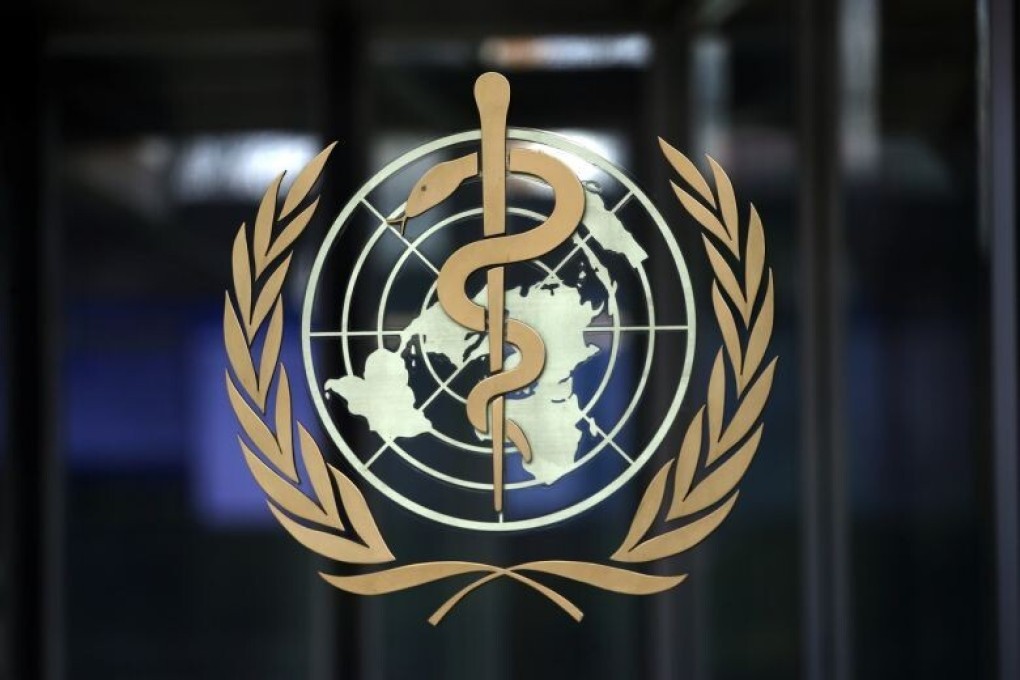Advertisement
WHO calls for ‘spirit of partnership’ in hunt for Covid-19 origins
- Health body says next stage will be based on science and ‘should not be an exercise in finger-pointing or political point-scoring’
- It comes as China and the United States have for months been exchanging heated rhetoric over investigations into the pandemic
Reading Time:4 minutes
Why you can trust SCMP
82

The World Health Organization has called for a “spirit of partnership” in the search for the origins of Covid-19, as China, the US and others exchange heated rhetoric over the investigation.
The global health body said the next steps to find the origins of the pandemic would be based on science, and denied claims from China and other member countries that it had refused to rule out the lab leak theory because of political pressure.
“WHO reiterates that the search for the origins of Sars-CoV-2 is not and should not be an exercise in attributing blame, finger-pointing or political point-scoring,” the UN agency said in a statement on Thursday. “In order to address the ‘lab hypothesis’, it is important to have access to all data and consider scientific best practice and look at the mechanisms WHO already has in place,” it said.
Advertisement
“WHO is only focused on science, providing solutions and building solidarity.”
The statement comes as China and the US have for months been trading barbs over the pandemic, accusing each other of politicising the origins investigations. At the same time, both sides have pushed theories, without evidence, that the virus may have escaped from a laboratory in the other country.

01:15
China rejects WHO plan to revisit Covid-19 lab leak theory
China rejects WHO plan to revisit Covid-19 lab leak theory
Last month, Beijing rejected the WHO’s plan for the second phase of investigation, which included audits of relevant laboratories in Wuhan, where the first Covid-19 cases were reported in late 2019. An official with China’s National Health Commission called the lab hypothesis – centred on the Wuhan Institute of Virology – a rumour, while the foreign ministry has in recent months promoted the theory that a lab at US military base Fort Detrick in Maryland could be a source of the virus.
Advertisement
Select Voice
Select Speed
1.00x